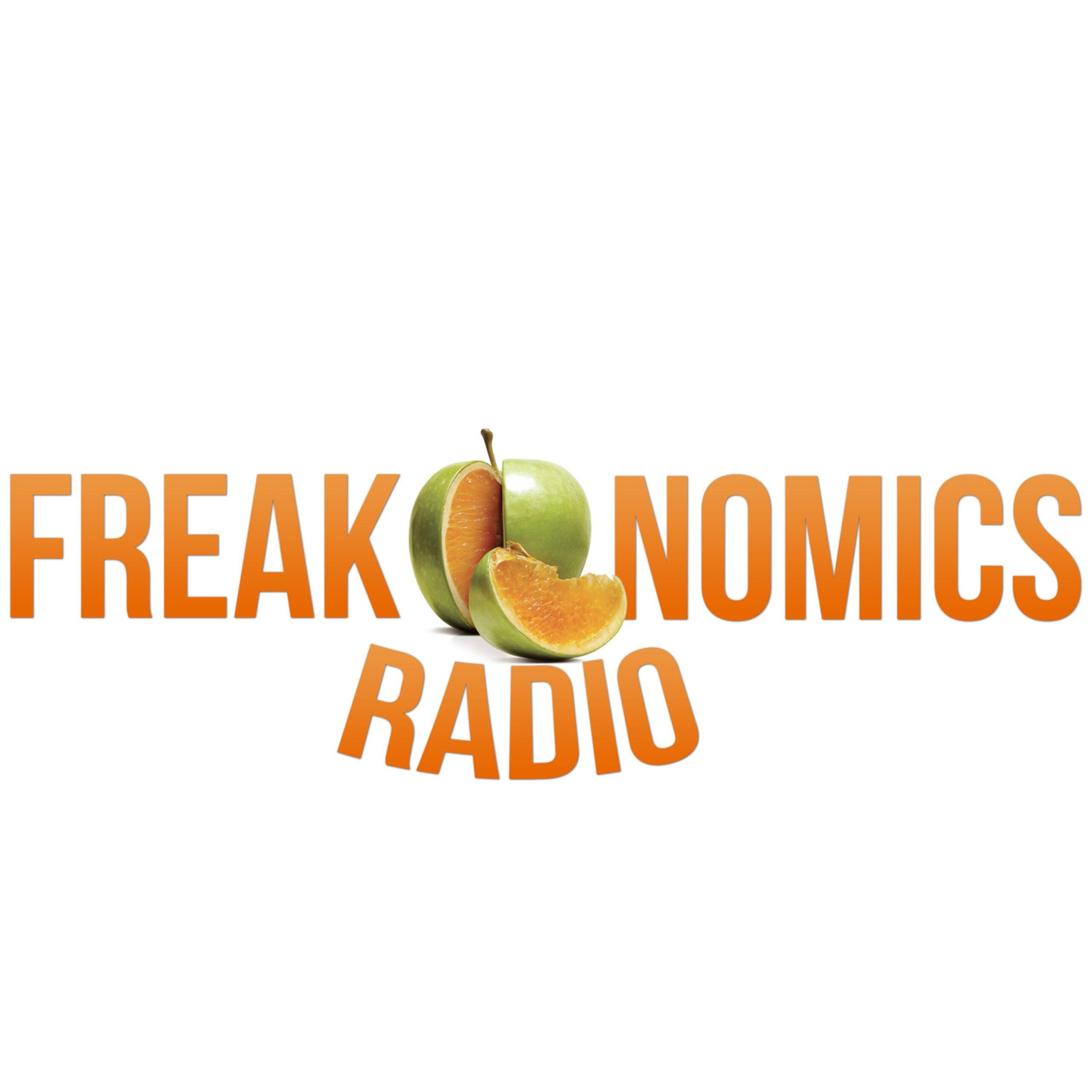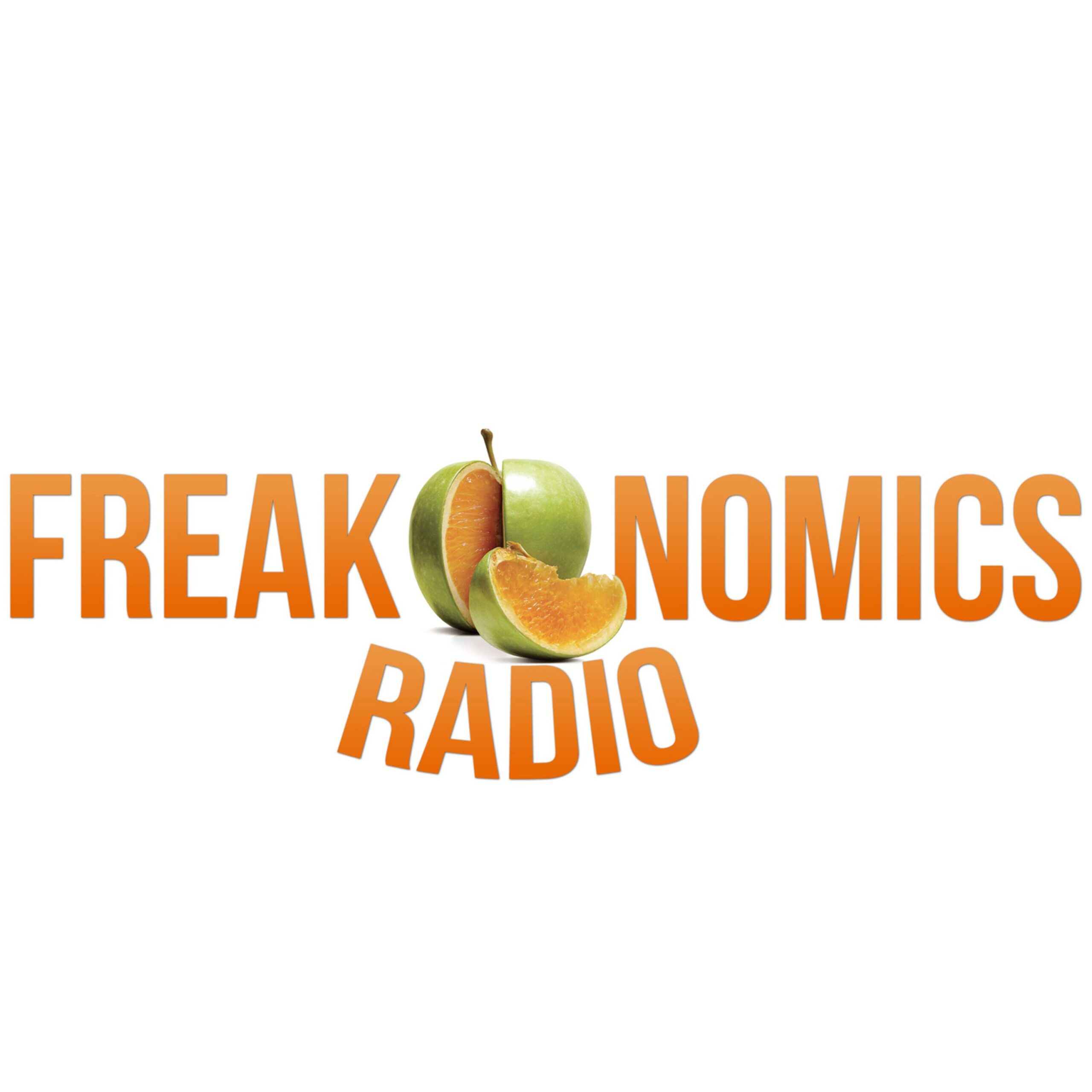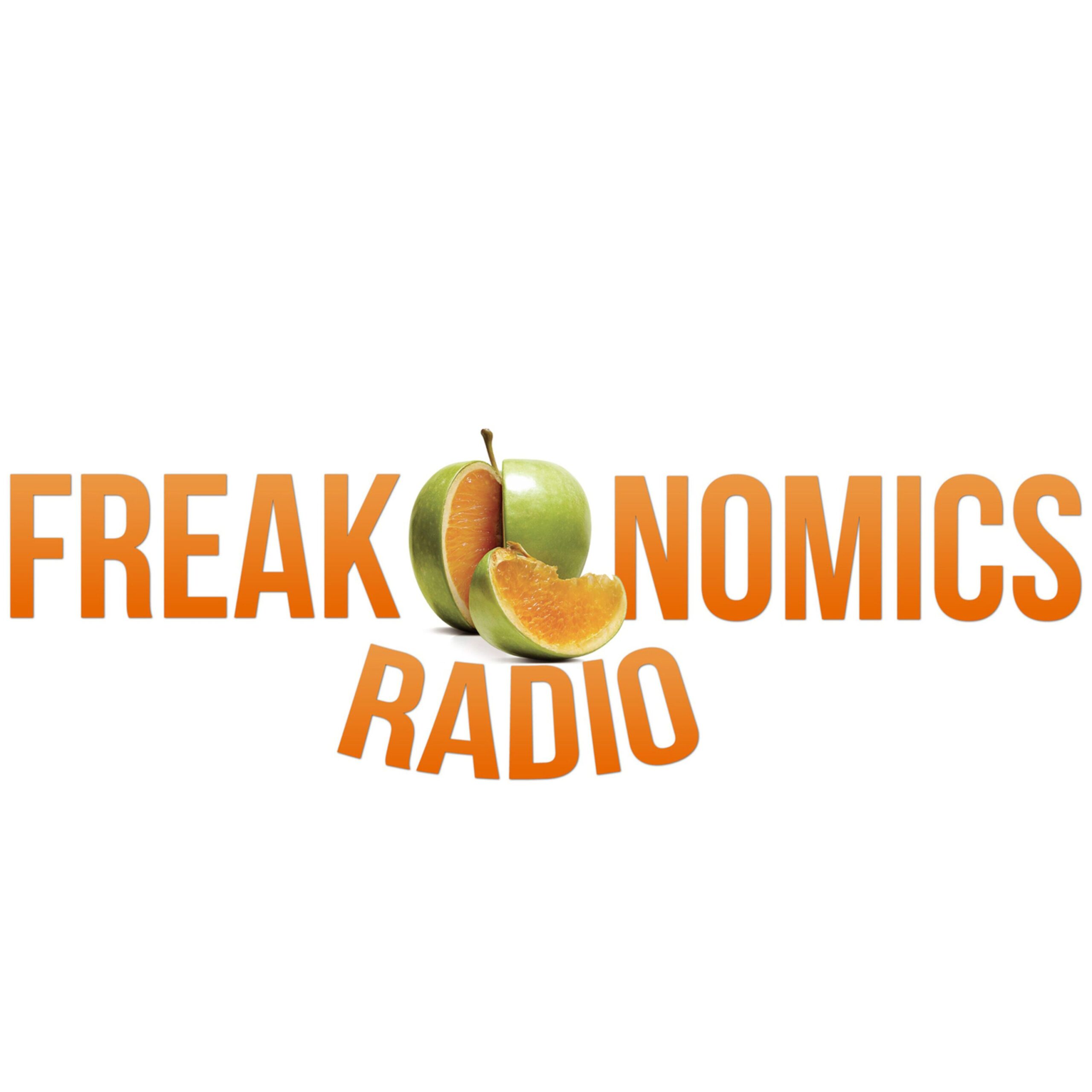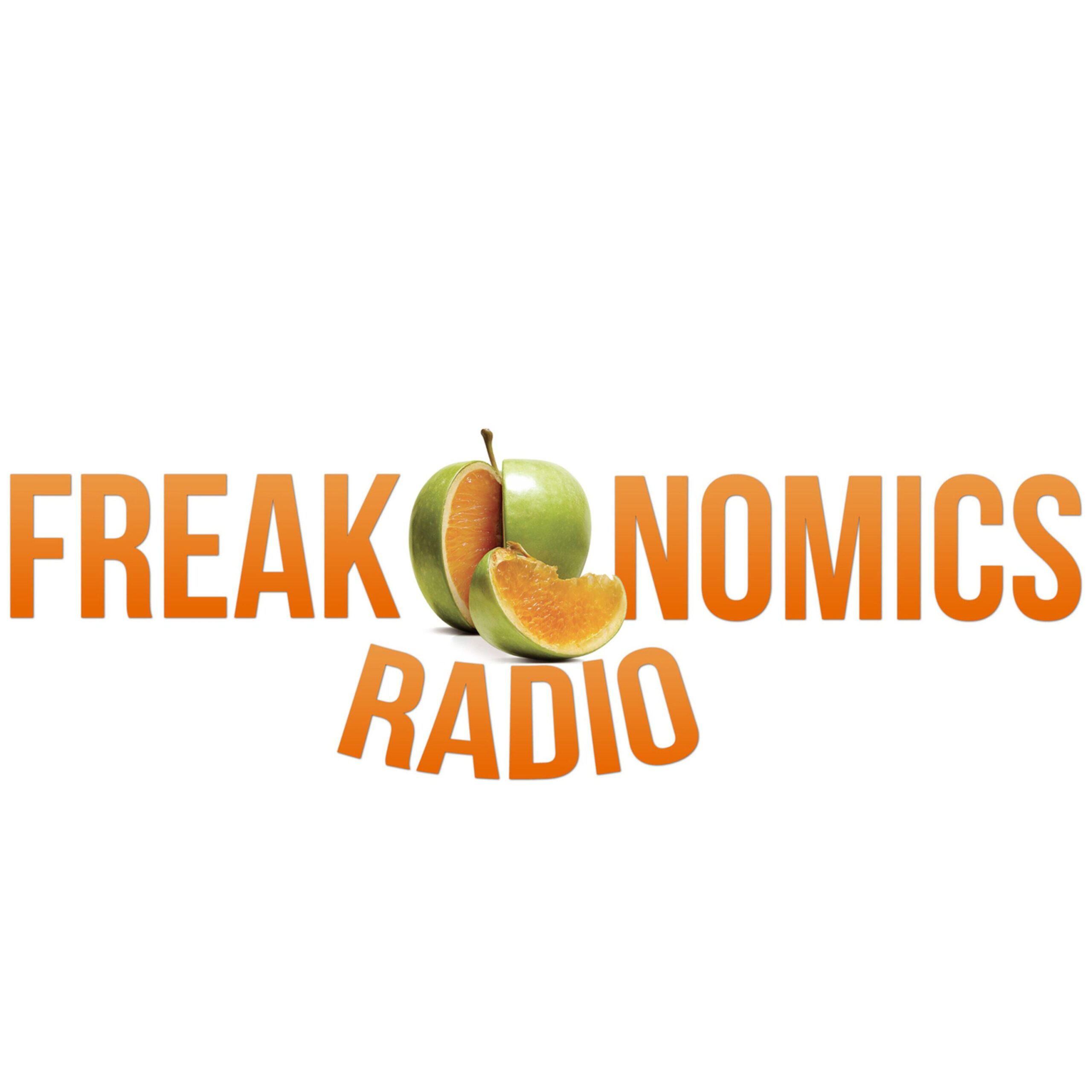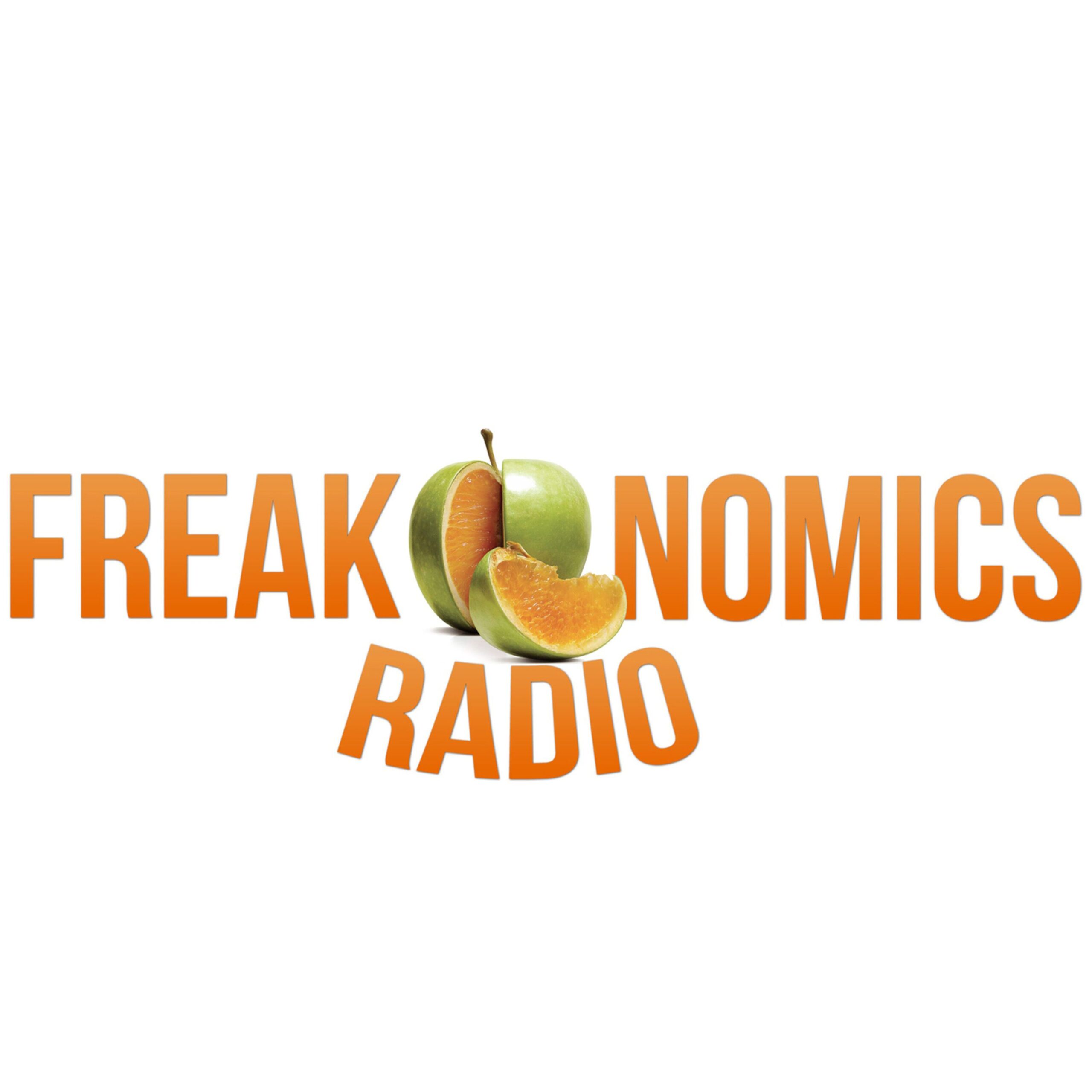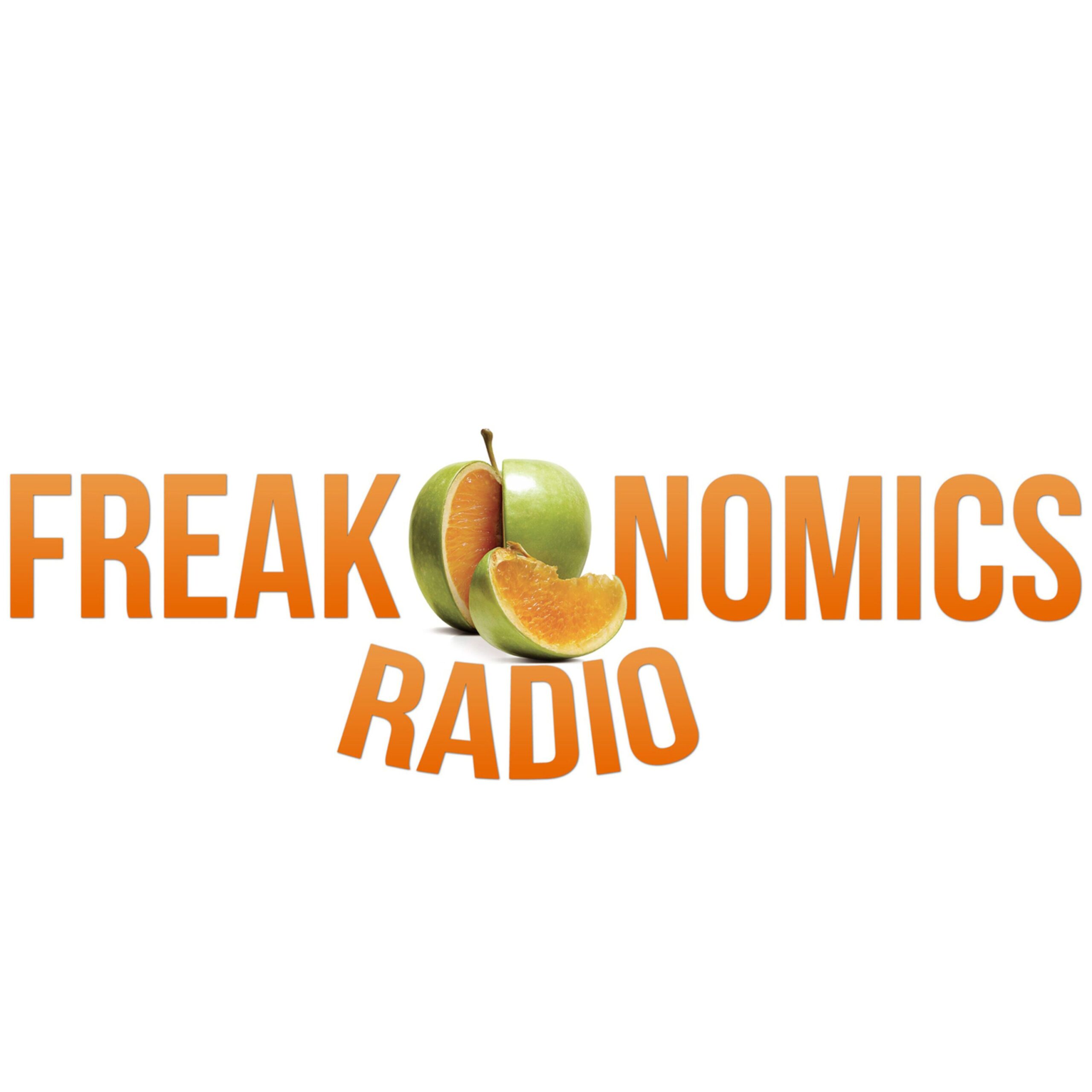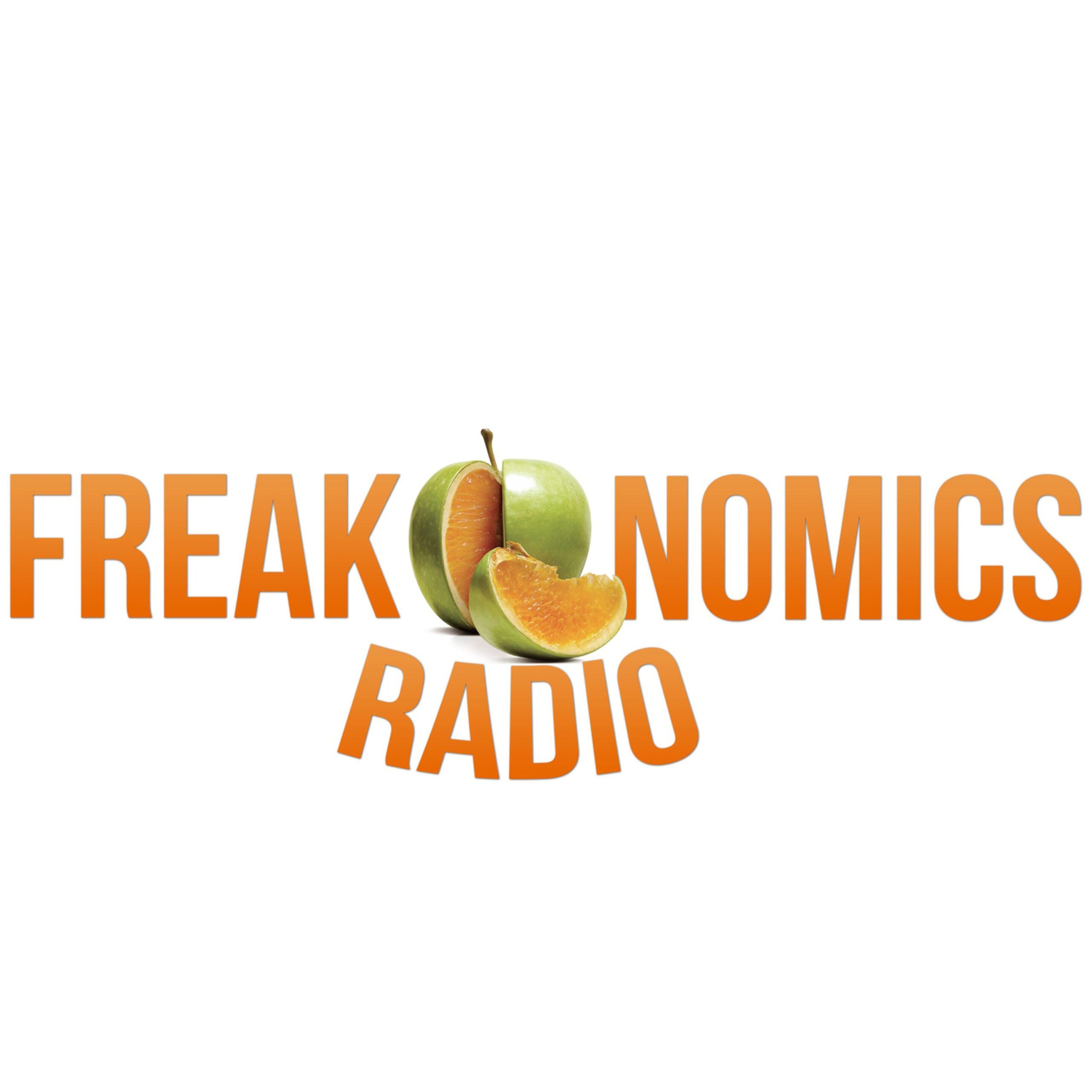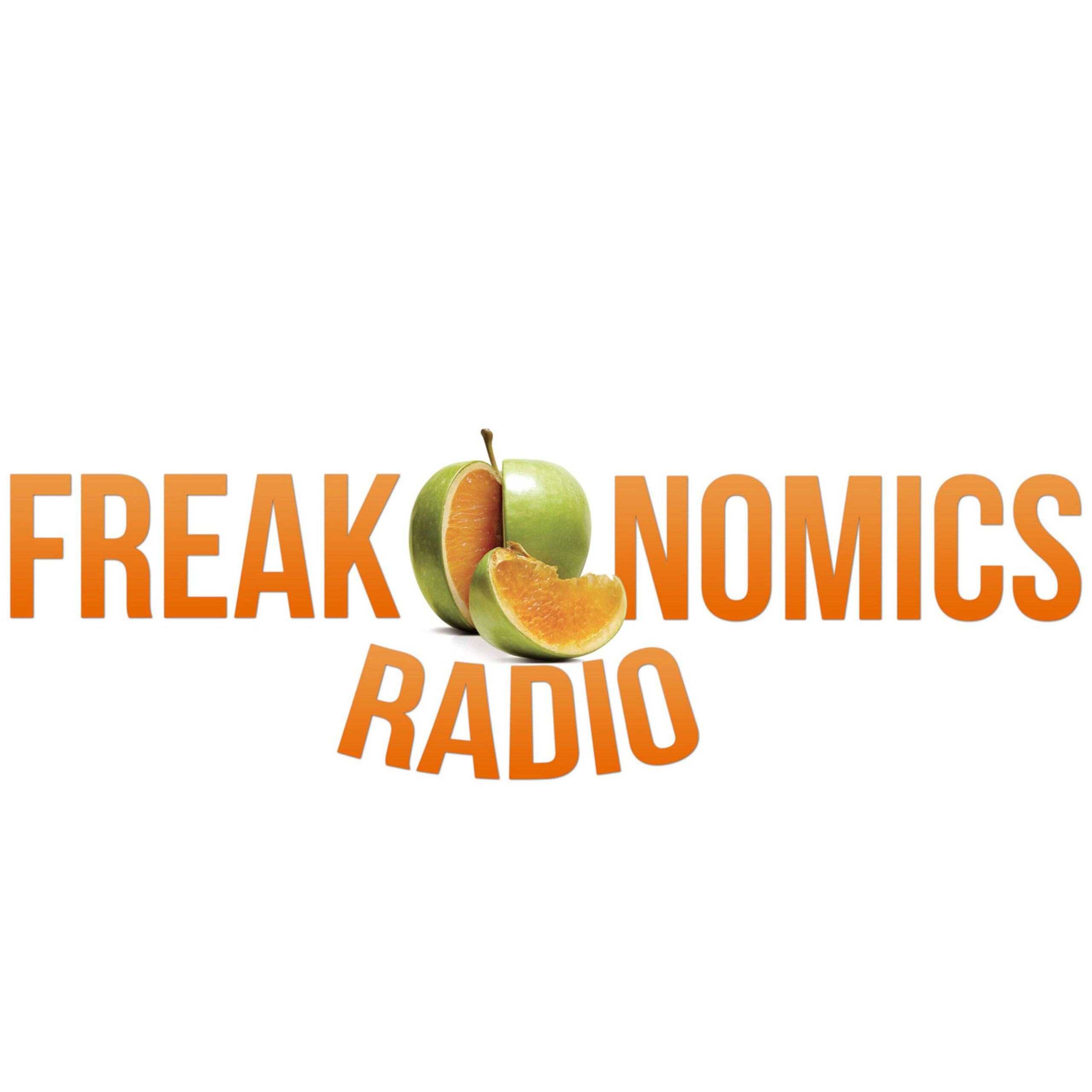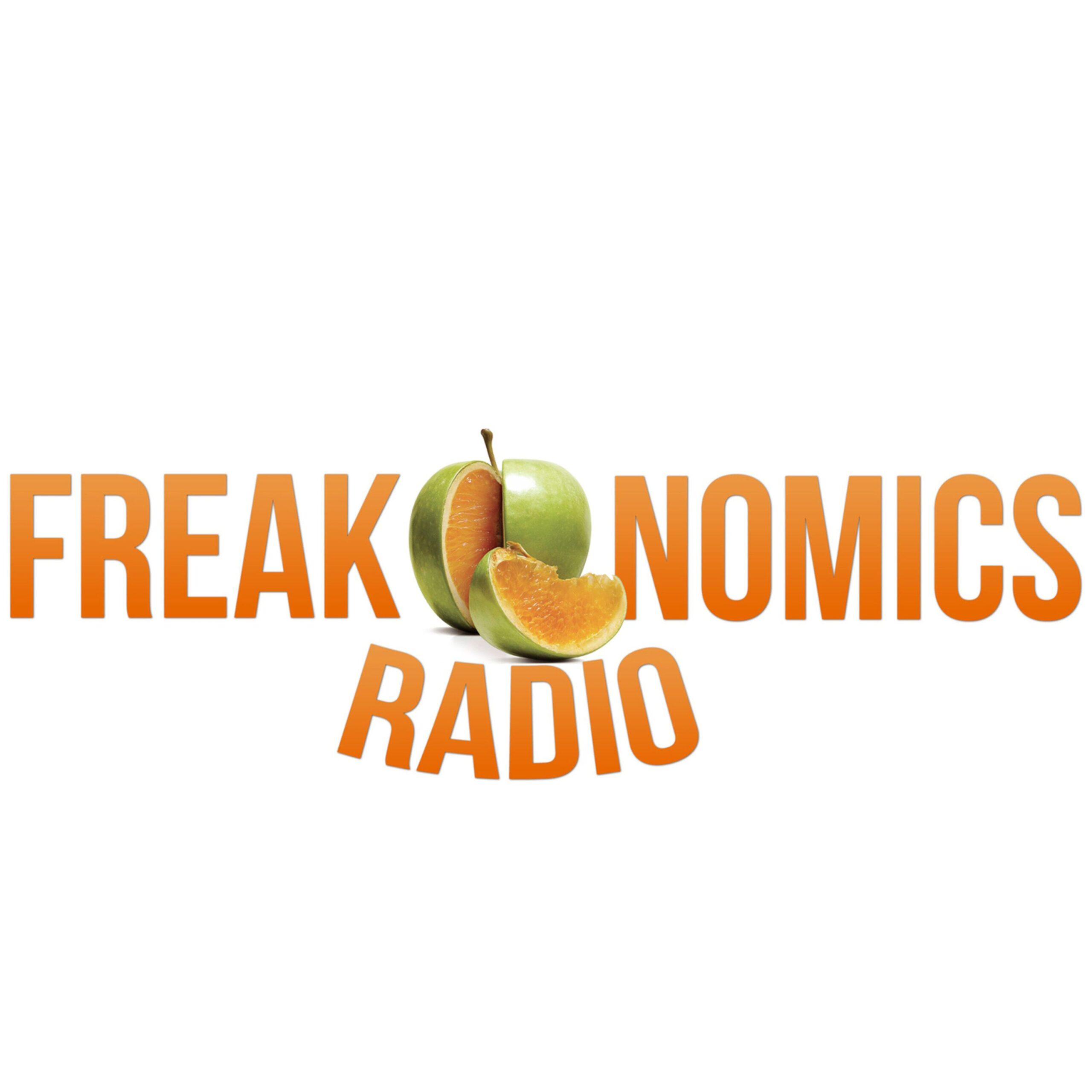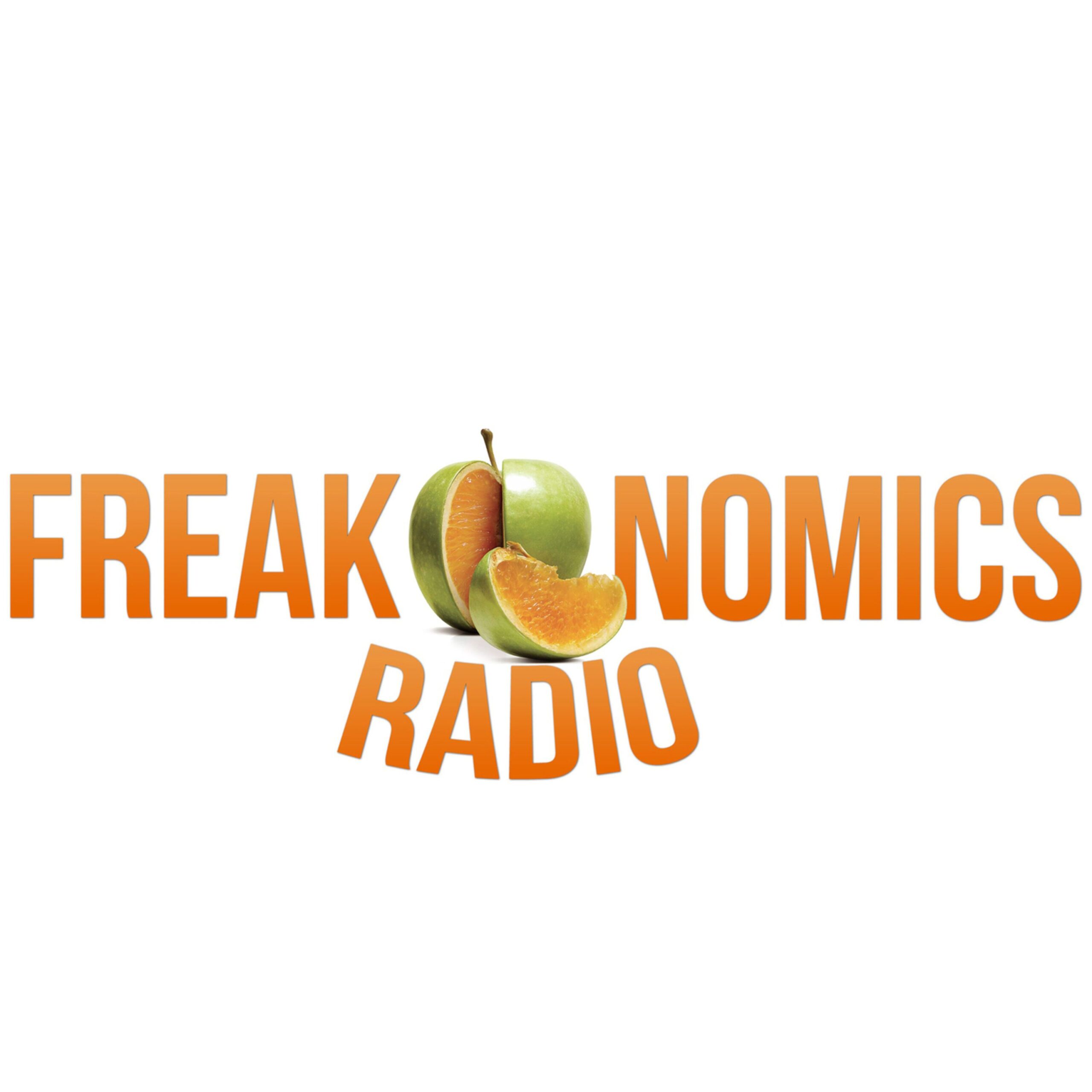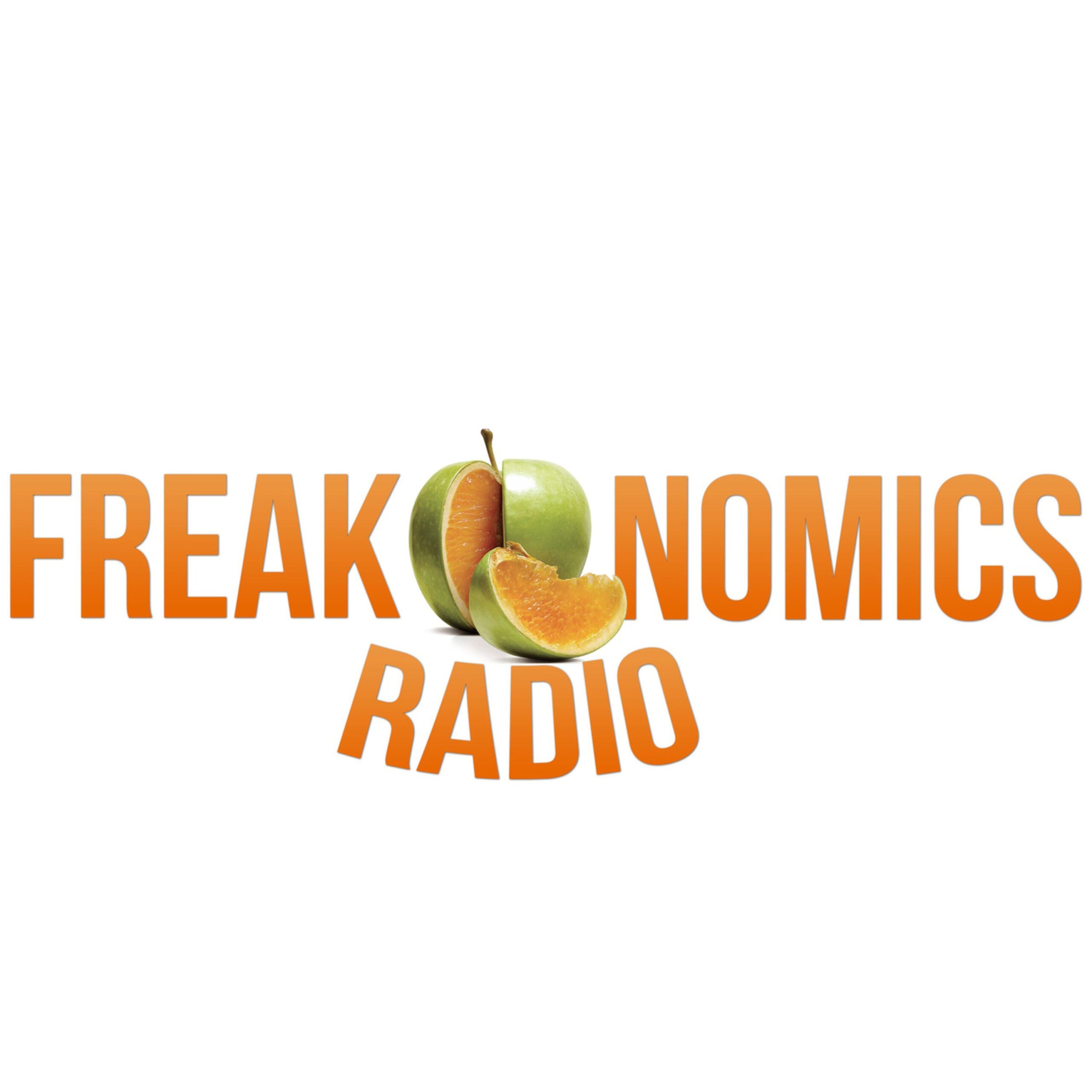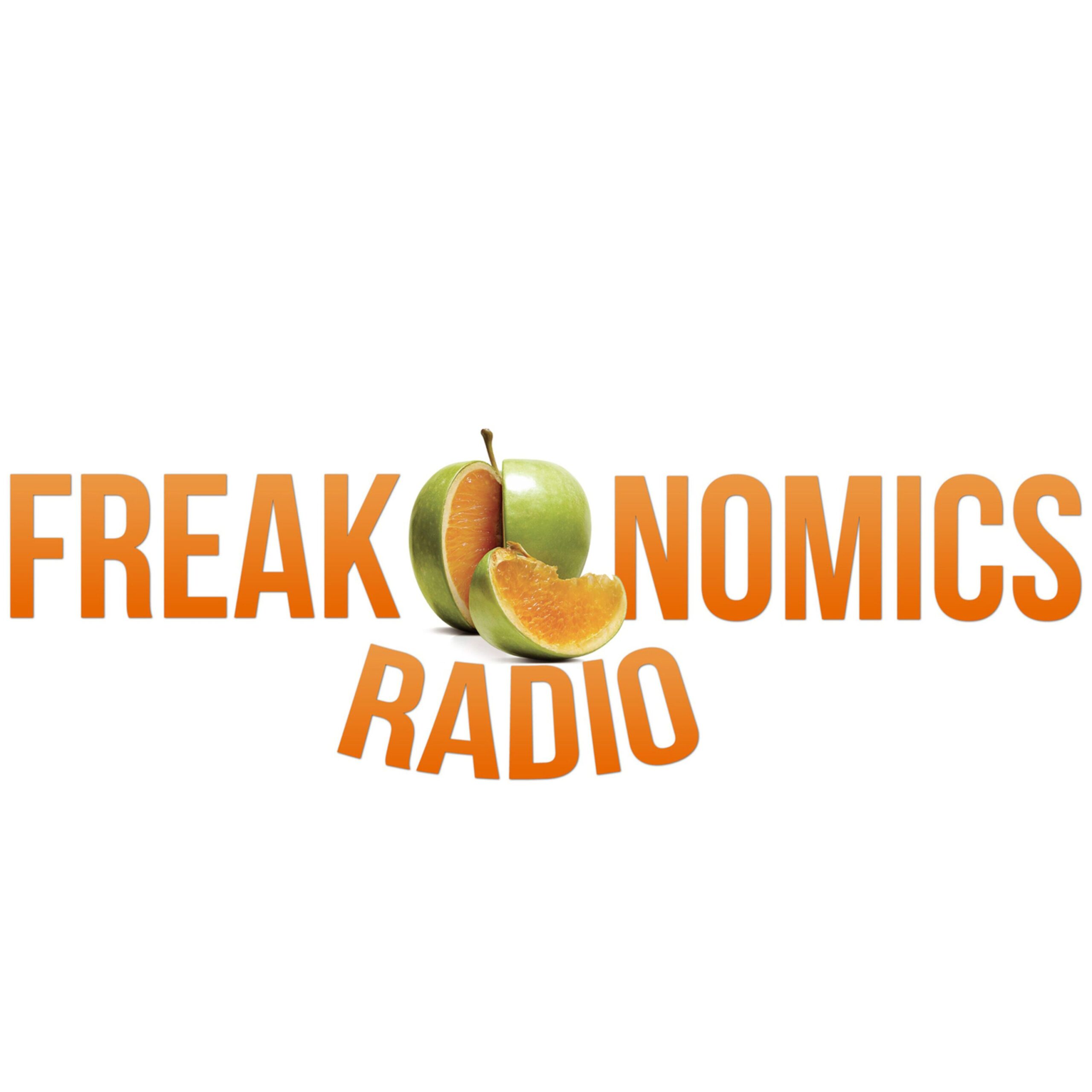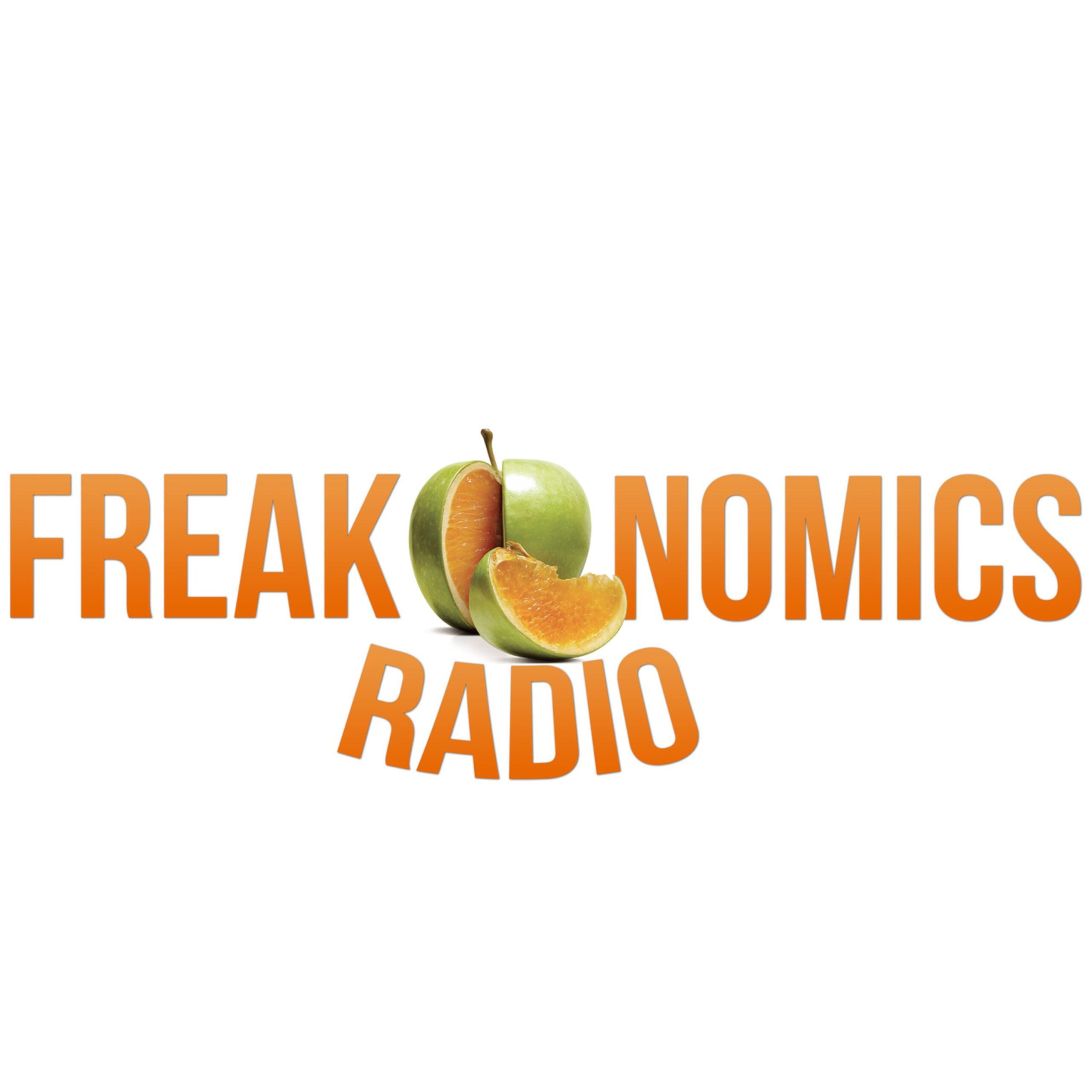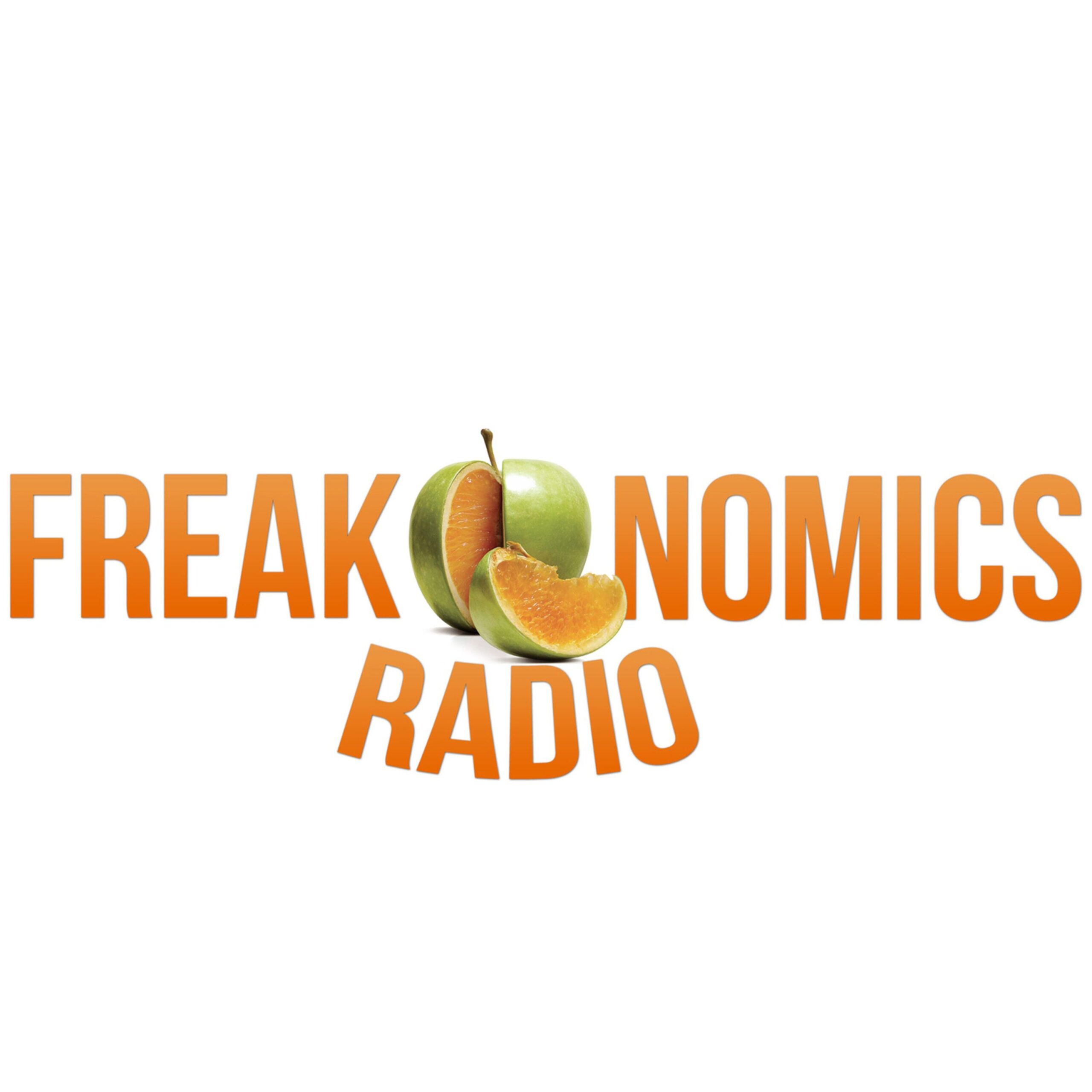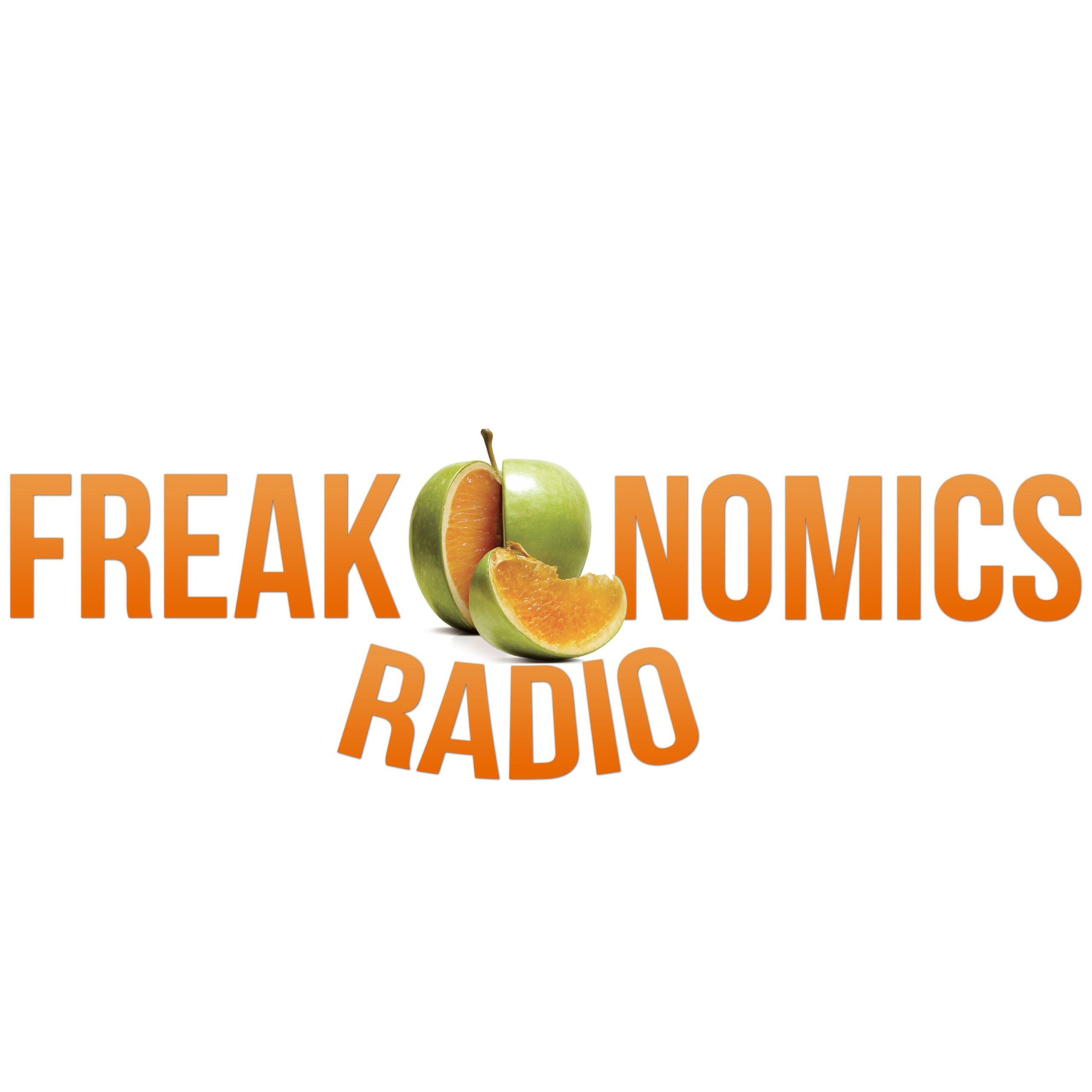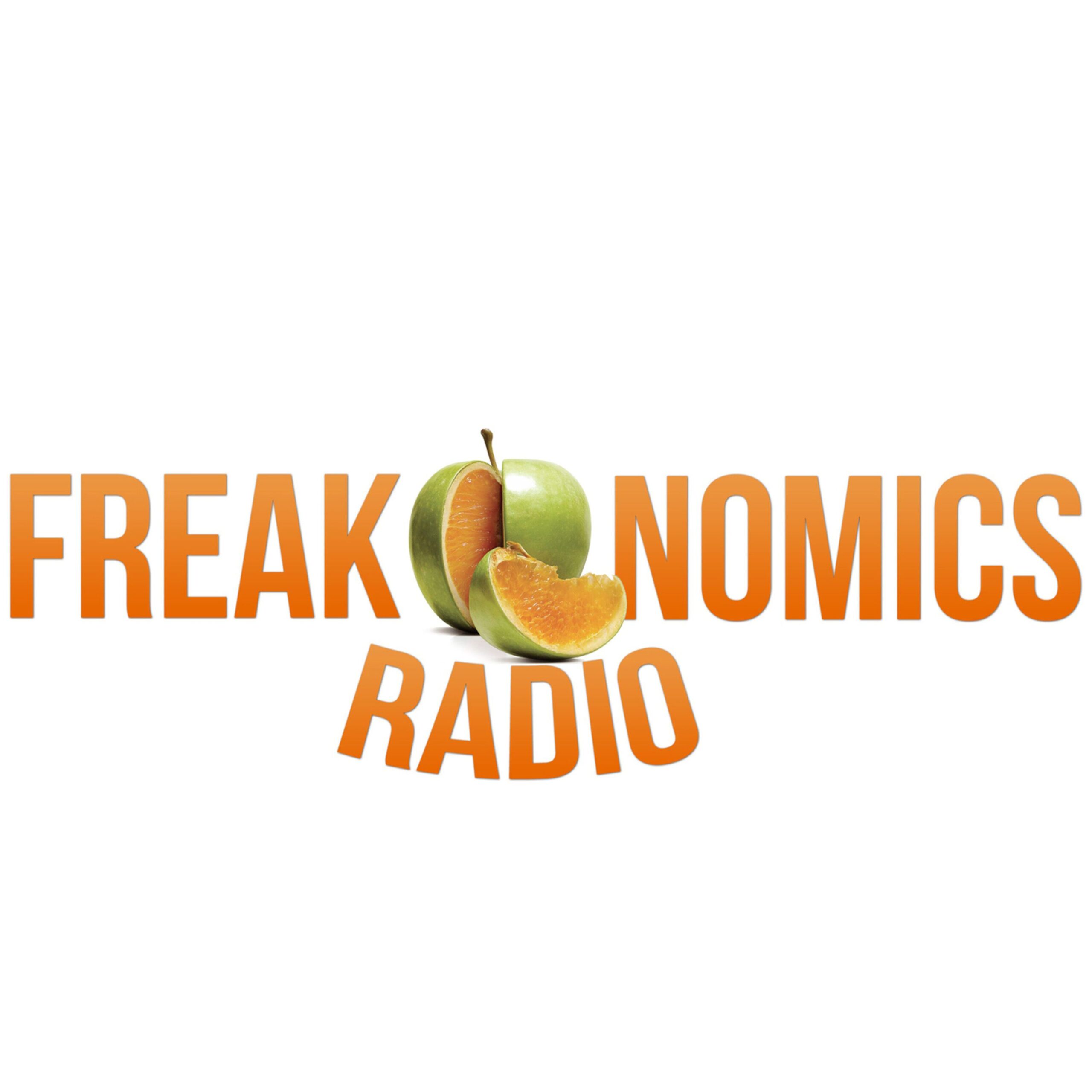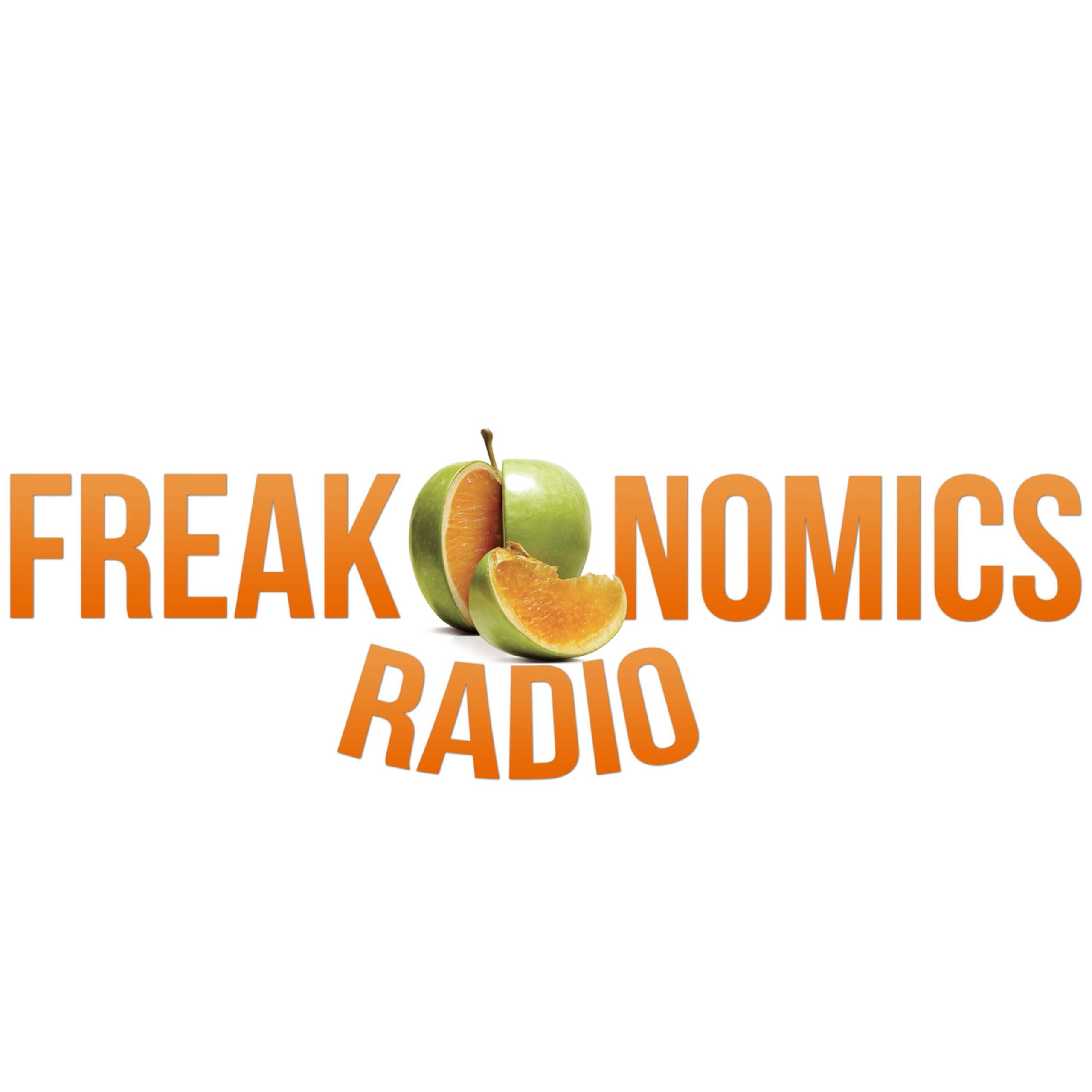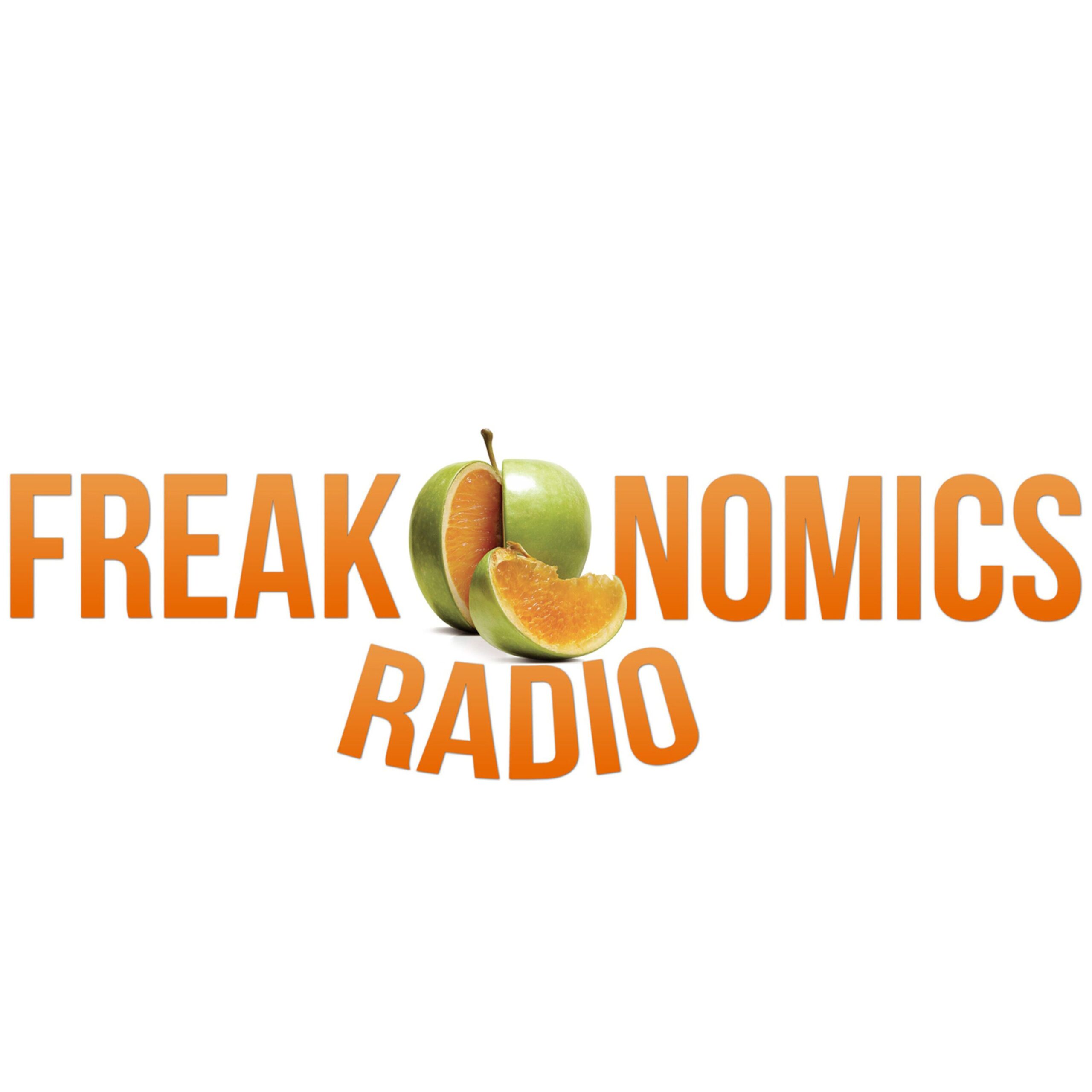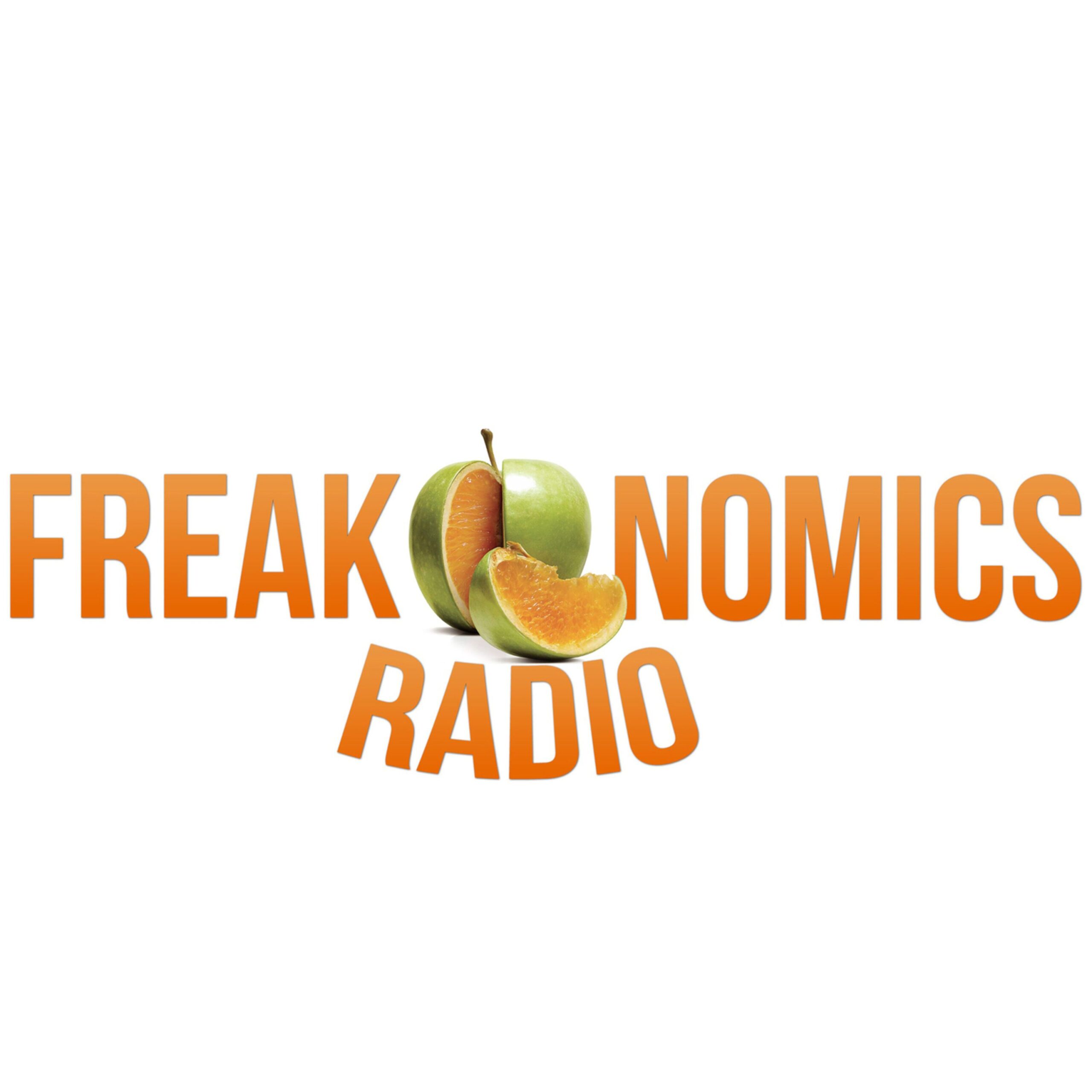Whether it’s a giant infrastructure plan or a humble kitchen renovation, it’ll inevitably take way too long and cost way too much. That’s because you suffer ...
The revolution in home DNA testing is giving consumers important, possibly life-changing information. It’s also building a gigantic database that could lead to ...
As the cost of college skyrocketed, it created a debt burden that’s putting a drag on the economy. One possible solution: shifting the risk of debt away from ...
Humans have been having kids forever, so why are modern parents so bewildered? The economist Emily Oster marshals the evidence on the most contentious topics — ...
Humans, it has long been thought, are the only animal to engage in economic activity. But what if we’ve had it exactly backward?
The banana used to be a luxury good. Now it’s the most popular fruit in the U.S. and elsewhere. But the production efficiencies that made it so cheap have also ...
Daniel Ek, a 23-year-old Swede who grew up on pirated music, made the record labels an offer they couldn’t refuse: a legal platform to stream all the world’s ...
As cities become ever-more expensive, politicians and housing advocates keep calling for rent control. Economists think that’s a terrible idea. They say it ...
What your disgust level says about your politics, how Napoleon influenced opera, why New York City’s subways may finally run on time, and more. Five compelling ...
Kenji Lopez-Alt became a rock star of the food world by bringing science into the kitchen in a way that everyday cooks can appreciate. Then he dared to start ...
For years, Gary Cohn thought he’d be the next C.E.O. of Goldman Sachs. Instead, he became the “adult in the room” in a chaotic administration. Cohn talks about ...
The road to success is paved with failure, so you might as well learn to do it right. (Ep. 5 of the “How to Be Creative” series.)
Whether you’re building a business or a cathedral, execution is everything. We ask artists, scientists, and inventors how they turned ideas into reality. And ...
Whether you’re mapping the universe, hosting a late-night talk show, or running a meeting, there are a lot of ways to up your idea game. Plus: the truth about ...
Global demand for beef, chicken, and pork continues to rise. So do concerns about environmental and other costs. Will reconciling these two forces be possible ...
In 2005, Raghuram Rajan said the financial system was at risk “of a catastrophic meltdown.” After stints at the I.M.F. and India’s central bank, he sees ...
Stephen Dubner’s conversation with the former N.F.L. player, union official, and all-around sports thinker, recorded for our “Hidden Side of Sports” series.
If you think talent and hard work give top athletes all the leverage to succeed, think again. As employees in the Sports-Industrial Complex, they’ve got a ...
A conversation with the Shark Tank star, entrepreneur, and Dallas Mavericks owner recorded for the Freakonomics Radio series “The Hidden Side of Sports.”
For most of us, the athletes are what make sports interesting. But if you own the team or run the league, your players are essentially very expensive migrant ...

